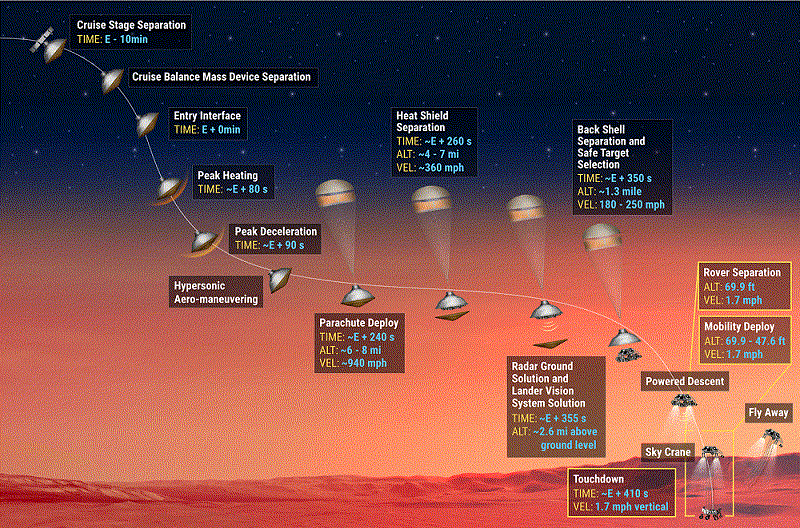For First-Year Students and Advisors

Common Ground for Computing Education First Year-Level Subjects
The Common Ground for Computing Education brings together all five Schools at MIT to teach subjects that blend computing with other disciplines, aiming to help students become “computing bilinguals” who are fluent in both the language of computing and that of another discipline in science, engineering, humanities, arts, or social science.
Subjects in the Common Ground are identified by “.C” in the subject number. Each course typically has two or more departmental numbers that share the same number after the “C”. For example, Introduction to Computational Science and Engineering is listed under 9.C20, 16.C20, 18.C20, and CSE.C20, showing that four departments (9, 16, 18, and CSE) are collaborating to teach the same subject (C20).
A complete list of Common Ground subjects can be found on the SCC website (computing.mit.edu/common-ground-subjects/) and the Online Subject Listing and Schedule (student.mit.edu/catalog/mCGSa.html).
The following subjects are appropriate for students to take early in their college experience. Most require that students have Calculus II and/or introductory programming experience, and prepare students for more advanced computing coursework in several different majors.
Introduction to Computational Science and Engineering
6 units, second-half-semester of both fall and spring, offered under 9.C20[J], 16.C20[J], 18.C20[J], CSE.C20[J]
Designed to follow 6.100A and replace 6.100B, covers Python programming in the context of computational science and engineering, with applications from across science and engineering, including dynamics, mechanics, robotics, heat transfer, climate science, chemistry, biology, aerospace, and others.

Why take this? If you are thinking about majoring in science or engineering; if you are interested in exploring how computational methods are used in science and engineering.
What you need to know first: 6.100A is a prerequisite; Physics I (GIR) and Calculus I (GIR) are corequisites. Credit cannot also be received for 6.100B
[in combination with 6.100A] Satisfies requirements in: GIRs (REST); 1-12, 6-7, 6-14, 9, 11-6, 15-2, 16, 16-ENG, 20, 22, 22-ENG
Linear Algebra and Optimization
12 units, fall semester only, offered under 18.C06[J], 6.C06[J]
Covers same fundamental concepts as 18.06 Linear Algebra, with a view toward modeling, computation, and applications. Integrates geometric, algebraic, and computational viewpoints.

Why take this? If you are thinking about majoring in science, analytical social sciences, or engineering, particularly 6-4; if you are interested in machine learning and optimization.
What you need to know first: Calculus II (GIR) is a prerequisite. Credit cannot also be received for 18.06, 18.700.
Satisfies requirements in: GIRs (REST), 6-4, 9, 15-2, 6-2, 6-3, 6-9, 6-14, 12, 11-6, 14-2, 18, 18-C, 20, 22, 22-ENG, Statistics and Data Science Minor
Encoding Culture
12 units, spring semester only. Encoding Culture was successfully piloted as a HASS elective in Spring 2023, under the number 21H.S05. A proposal to add the class to the catalog as a HASS-H, permanent number 21H.C30, is pending approval for Spring 2024.
Offers students at the beginning of their computing education a chance to engage with applications of computational methods in the HASS fields. Applies computational methods in Python to manipulating and analyzing encoded media (such as text, images, video), drawing from computational linguistics, audio processing, computer vision, and machine learning.

Why take this? If you are thinking about majoring in humanities or social sciences; if you want to prepare for a UROP in Digital Humanities; if you are interested in exploring ways to use computational analysis in the humanities.
What you need to know first: 6.100A+6.100B is a prerequisite.
Satisfies requirements in: GIRs (HASS)
Modeling with Machine Learning
12 units (6+6), spring semester only. Students enroll in two 6-unit modules, run in tandem over the course of a full term—the common core, which covers ML fundamentals, and one of several discipline-specific modules that build on the core material.

Why take this? If you are thinking about majoring in science or engineering; if you are interested in exploring how to translate a scientific or engineering problem into a machine learning formulation and find appropriate tools for solving it.
What you need to know first: Calculus II (GIR) and 6.100A are prerequisites for the core module. Each disciplinary module has its own prerequisite.
Satisfies requirements in: 1-12, 2, 6-2, 6-3, 6-4, 11-6, 22, 22-ENG
Core Module
Modeling with Machine Learning: from Algorithms to Applications
Offered under: 6.C01
Disciplinary Modules
Machine Learning for Sustainable Systems
Offered under: 1.C01
Prereq: (1.000 and 1.010) or permission of instructor; Coreq: 6.C01
Physical Systems Modeling and Design Using Machine Learning
Offered under: 2.C01
Prereq: 2.086; Coreq: 6.C01
Machine Learning for Molecular Engineering
Offered Under: 3.C01[J], 10.C01[J], 20.C01[J]
Coreq: 6.C01
Machine Learning in Molecular and Cellular Biology
The Department of Biology is developing a new pilot module for Spring 2024. The class will be taught by Joey Davis and meet with 3.C01[J]/10.C01[J]/20.C01[J], with an emphasis on protein structure and function and areas in biological imaging in which ML is enabling exciting advances.
Modeling with Machine Learning for Computer Science
Modeling with Machine Learning for Computer Science was successfully piloted in Spring 2023, under the number 6.S052. A proposal to add the class to the catalog, with permanent number 6.C011, is pending approval for Spring 2024.
Prereq: 18.C06; 6.1200 or 6.3700; 6.100A; Coreq: 6.C01
Modeling with Machine Learning: Nuclear Science and Engineering Applications
Offered under: 22.C01
Coreq: 6.C01